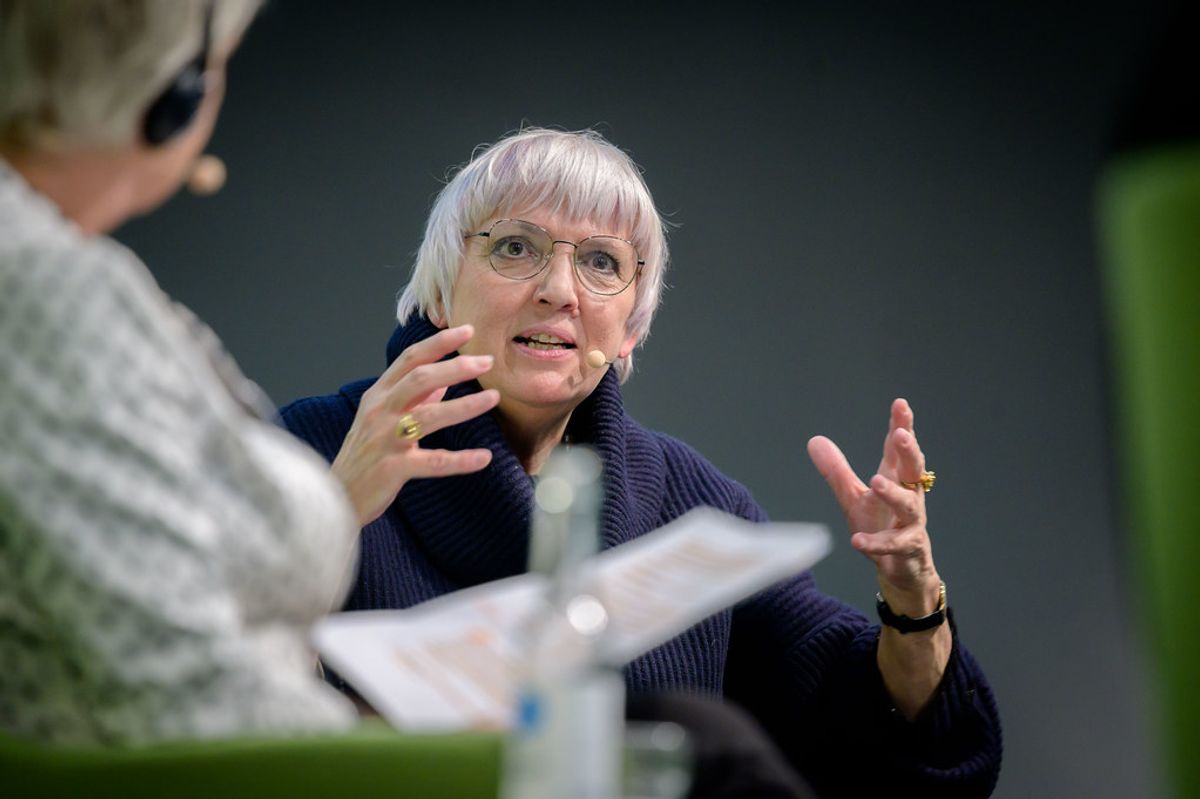German culture minister Claudia Roth said the government and states plan to increase the powers of the national advisory commission on Nazi-looted art, allowing it to evaluate claims even if the current holder of a contested work opposes the panel’s involvement.
The advisory commission’s current remit is “inadequate,” Roth said at an evening event yesterday marking the 20th anniversary of the panel’s founding. “We are not living up to our responsibilities. We want a more modern and stronger commission.”
The panel, which includes 10 members and is led by a former constitutional judge, Hans-Jürgen Papier, delivers recommendations on claims submitted by the heirs of art owners persecuted by the Nazis for works in public institutions. It has so far issued 23 such recommendations.
Roth’s pledge follows a memorandum issued by the panel on 4 September with a range of demands to improve the framework for its work, including a new restitution law. “The advisory commission should become a deciding commission,” Papier said at yesterday’s event.
The culture minister promised three reforms—first, that the panel can be called on to evaluate a claim if requested by just one party in a dispute, instead of needing both sides to agree, as has been the case until now. She said the commission should be involved early on in a claim, instead of serving as a last resort for claimants. She also said that the panel will in future be able to commission its own provenance research, instead of relying on reports provided by either side of a dispute.
She said the government, states and municipalities will also overhaul the “Handreichung”: guidelines they created in 1999 on restituting art in public collections to the heirs of mainly Jewish people persecuted by the Nazis.
In its 4 September statement, the advisory panel drew attention to a dispute over Pablo Picasso's Portrait of Madame Soler (1903) saying it has exposed the shortcomings of the current system. The Bavarian State Painting Collections and the state of Bavaria have refused to submit the work to the panel for consideration, arguing the portrait was not sold as a result of Nazi persecution.
“The job of deciding whether this work should be viewed as looted is the commission’s, and not the affected institution,” the panel said.
If Roth’s promised reform is enacted, the heirs of Paul von Mendelssohn-Bartholdy, a Jewish banker who once owned the Picasso, could take their long-standing claim to the advisory commission without Bavaria’s approval.
“We welcome this unconditional path to an independent review if victims’ families request it,” said Ulf Bischof, the Berlin lawyer representing the heirs. “This change will not only affect Madame Soler, but many other disputed cases, and it is long overdue.”
While Roth’s pledges went some way to satisfying the commission’s demands, they did not extend to a new restitution law. Rainer Robra, culture minister in the state of Saxony-Anhalt, said last week that the proposal for a new law “needs discussion.”


